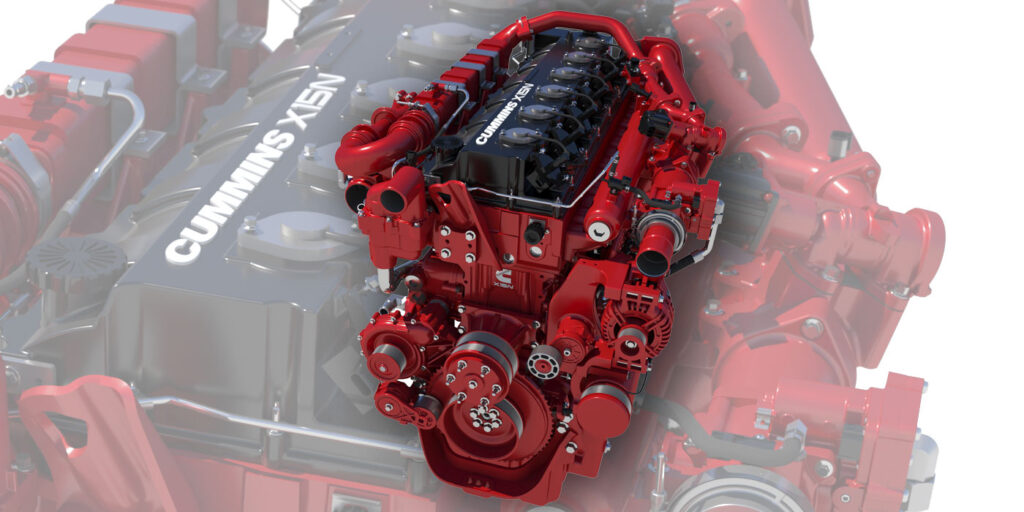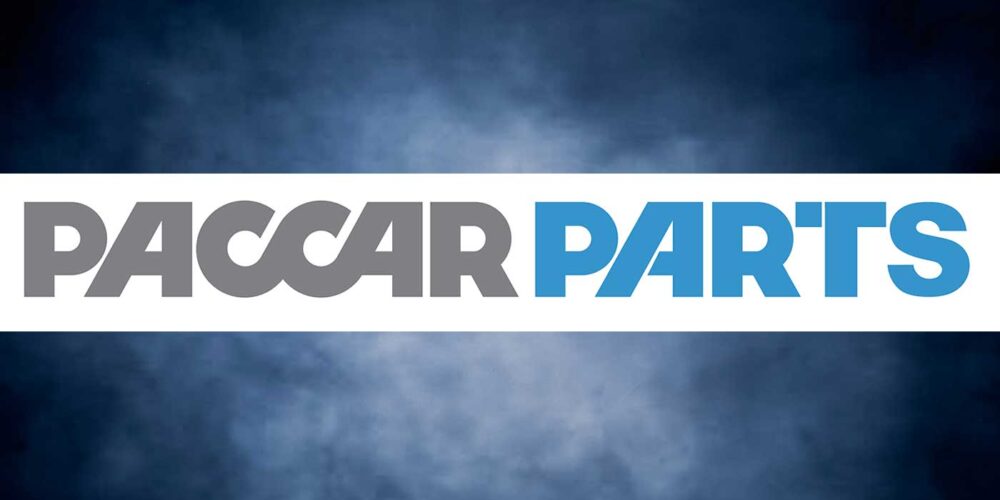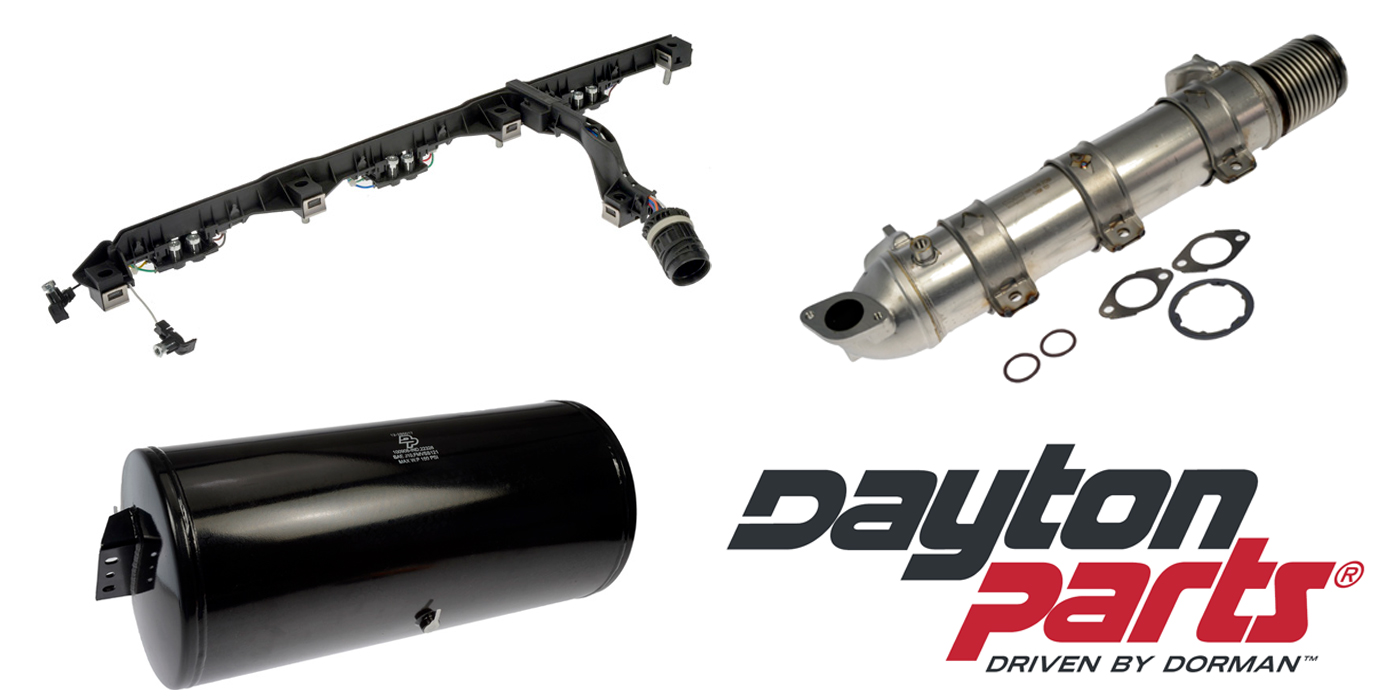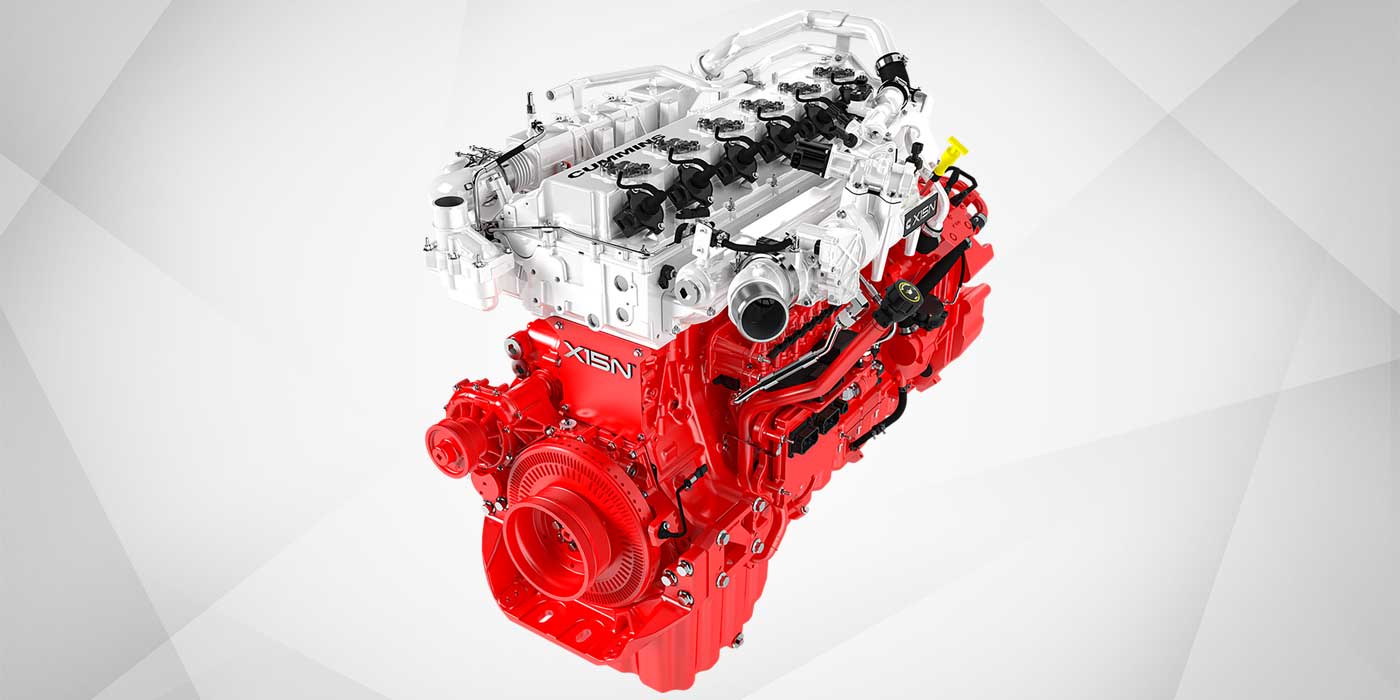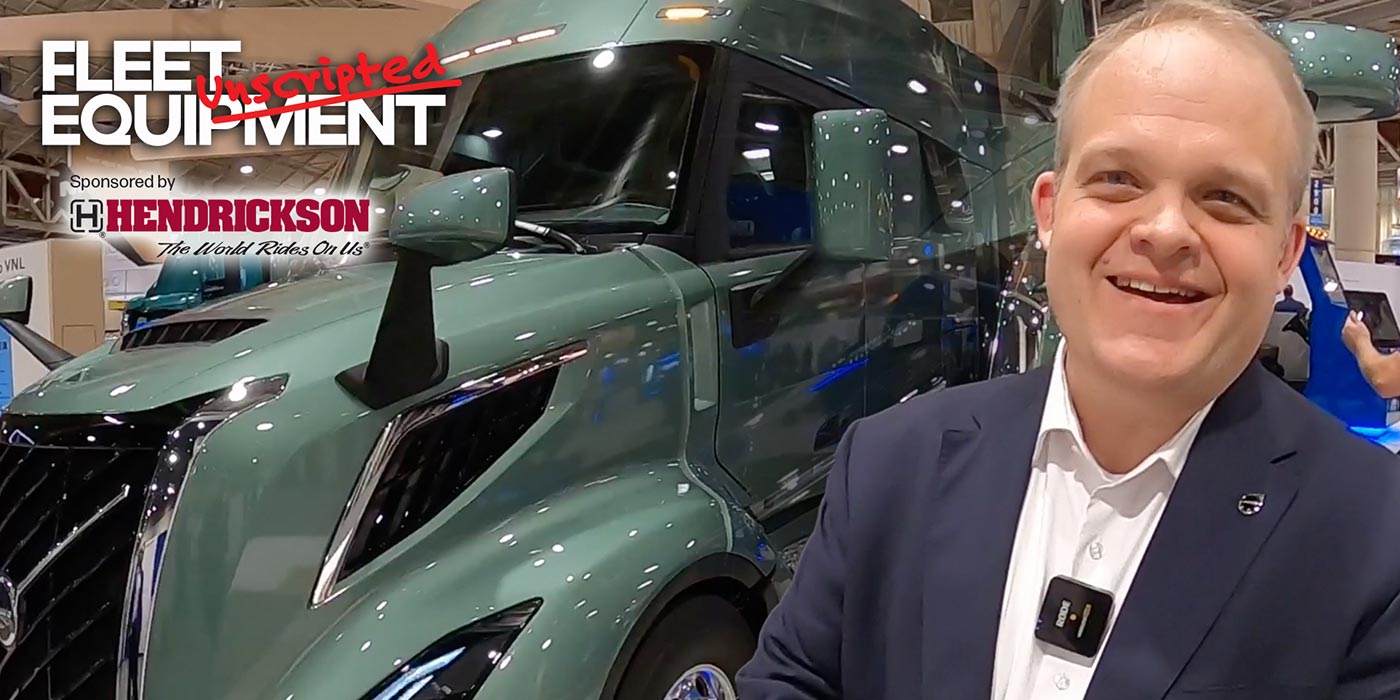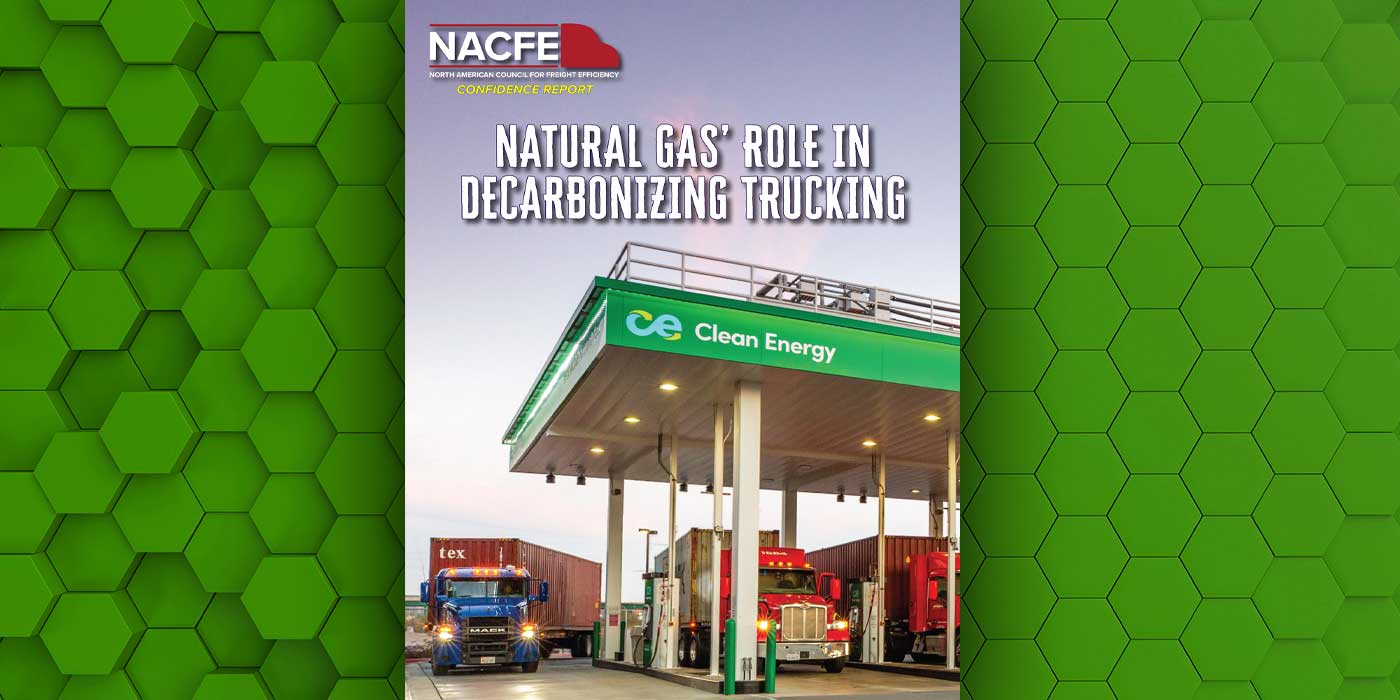Cummins Inc. is expanding its powertrain platforms to leverage a range of lower carbon fuel types, the company announced during a virtual press conference. The unified, fuel-agnostic engines will use engine blocks and core components that share common architectures and will be optimized for different low-carbon fuel types. These new fuel-agnostic engine platforms will feature a series of engine versions that are derived from a common base engine, which means they have a high degree of parts commonality.
Below the head gasket of each engine will largely have similar components and above the head gasket will have different components for different fuel types. Each engine version will operate using a different, single fuel. This new design approach will be applied across the company’s B, L and X-Series engine portfolios, which will be available for diesel, natural gas and hydrogen. The engine platform will begin rolling out in 2024.
Parts commonality will offer increased benefits for both truck OEMs and end users, including similar engine footprints, diagnoses and service intervals, the engine OEM noted. These fuel-agnostic platforms are designed and built-upon the learnings extracted from millions of diesel and natural gas engines manufactured and currently in-use. Today’s digital and connected technologies allow Cummins to extract insights specific to different engine duty cycles, and leverage these to design reliable fuel-agnostic platforms.
Cummins commitment to zero emissions
These new products are an important element of Cummins’s strategy to go further, faster to reduce the greenhouse gas (GHG) and air quality impacts of its products and reach net-zero emissions by 2050 in a way that serves all stakeholders in a sustainable way for Cummins’s business, the company noted during the press conference. This commitment requires changes to Cummins’s products and the energy sources that power them.
Two of the company’s environmental sustainability goals for 2030 goals include reducing scope 3 absolute lifetime greenhouse gas (GHG) emissions from newly sold products by 25% and partnering with customers to reduce scope 3 GHG emissions from products in the field by 55 million metric tons.
“Getting to zero [emissions] is not a light-switch event. Carbon emissions that we put into the atmosphere today will have a lasting impact. This means anything we can do to start reducing the carbon footprint today is a win for the planet. We need to take action now,” said Srikanth Padmanabhan, President, Cummins Engine Business. “Having a variety of lower carbon options is particularly important considering the variation in duty cycles and operating environments across the many markets we serve. There is no single solution or ‘magic bullet’ that will work for all application types or all end users.”
Our take
Late last summer, I had the opportunity to talk with Cummins President and Chief Operating Officer Jennifer Rumsey about the future of Cummins in an increasingly decarbonizing industry. Rumsey was open, honest and straightforward about Cummins’s strategy. This announcement is the biggest example of an extremely tangible way that Cummins is addressing a growing focus on emissions reduction technology.
It’s also an extremely important step.
Electric trucks make headlines, but they are only applicable right now for a niche regional haul route. The larger conversation of decarbonization must include diesel technology because it’s what you’re running today and what you’re buying tomorrow in many long-haul and vocational applications. That doesn’t mean that sustainability initiatives aren’t important, but those two application examples are handcuffed by current technology. With this announcement, Cummins aims to lower the bar of entry into alternative fuels that are powered by lower carbon fuels–a solution you can put in place in your next truck buying cycle.
Take a look back at my conversation with Rumsey and an overall view of how the trucking industry is doing when it comes to decarbonization.
There was a lot of info to unpack, so stay tuned for an in-depth look at the products and what this could mean to the industry and Cummins.

